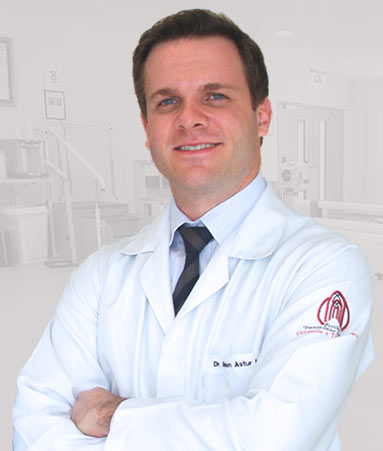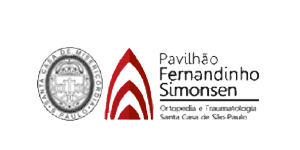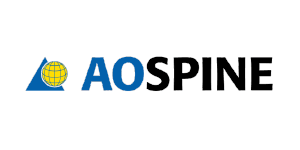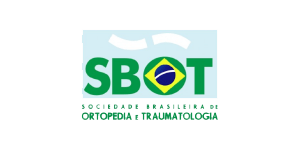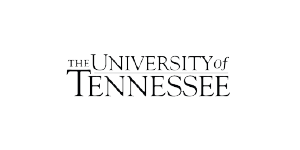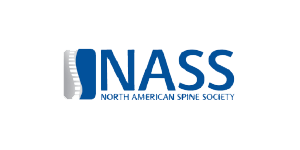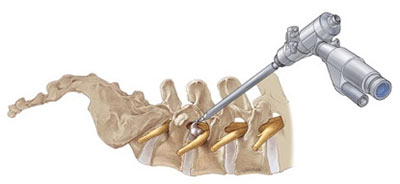Attending Spine Surgeon, Hospital Albert Einstein (Sao Paulo)
Associate Physician, Spine Group, Santa Casa de Sao Paulo
Board Certified, Brazilian Spine Society
Board Certified, Brazilian Orthopaedic and Traumatology Society
Member, American Academy of Orthopaedic Surgeons
Member, North American Spine Society
Research Officer, AOSpine Brazil
Medical school, University of Sao Paulo, Sao Paulo, Brazil
Orthopaedic Surgery Residency, Santa Casa de Sao Paulo School of Medical Sciences, Sao Paulo, Brazil
Spinal Surgery Fellowship, Santa Casa de Sao Paulo School of Medical Sciences, Sao Paulo, Brazil
Masters in Medical Sciences, Santa Casa de Sao Paulo School of Medical Sciences, Sao Paulo, Brazil
Pediatric Spine Fellowship, Campbell Clinic, University of Tennessee, Memphis, TN, USA
Minimally Invasive Spine Surgery, Semmes-Murphey Neurologic & Spine Institute, Memphis, TN, USA
Pediatric Spine Observership, Boston Children’s Hospital, Harvard Medical School, Boston, MA, USA

 Agendar
Agendar 11.3825.CLIQUE -
Pacaembu/Higienópolis
11.3825.CLIQUE -
Pacaembu/Higienópolis



